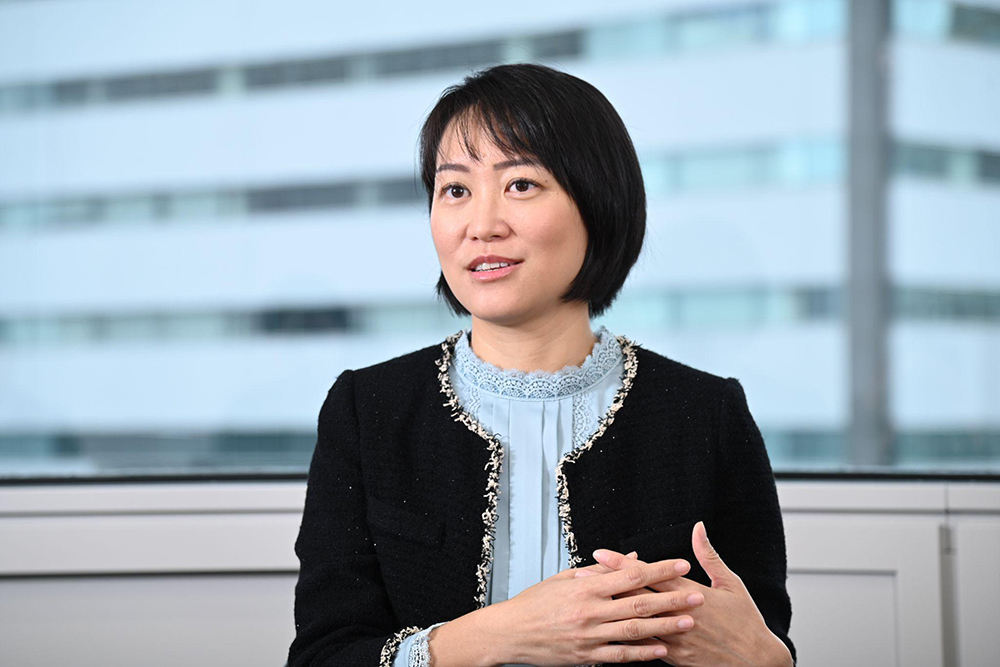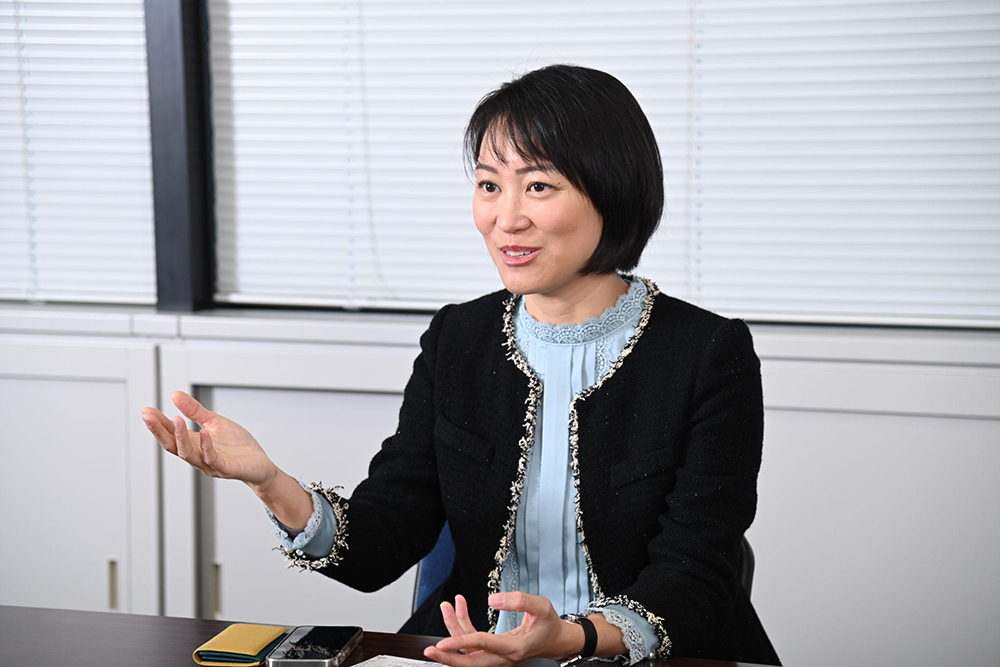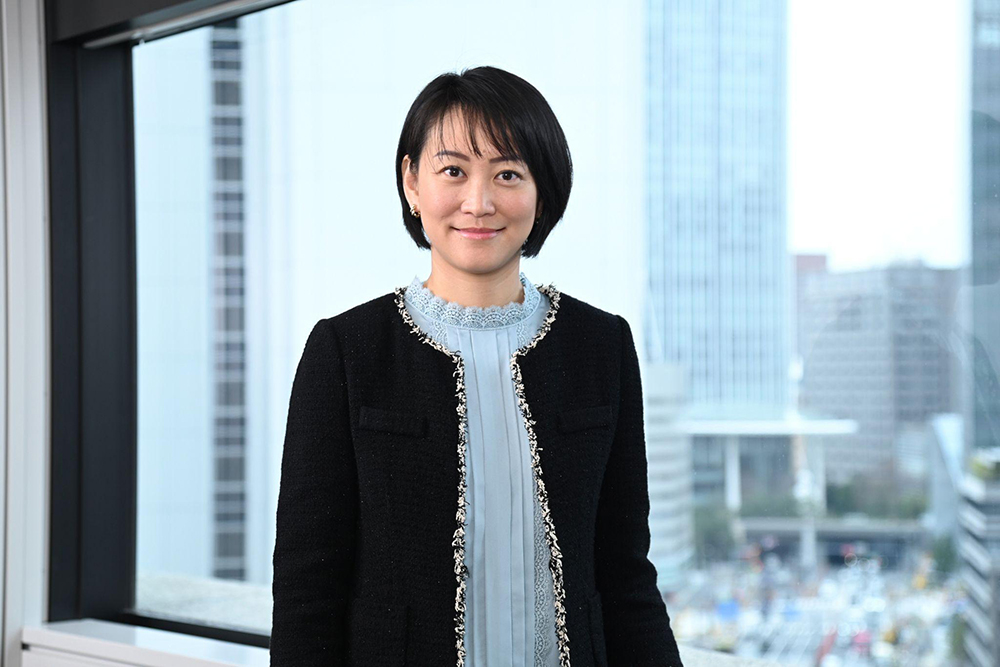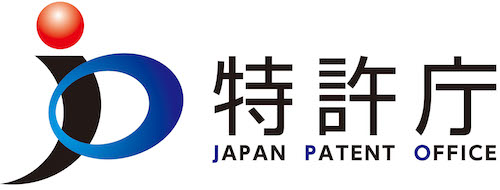IP BASE English Page
Darwin Ventures Management Managing Partner Kay Lin
Taiwan's Pioneer VC Darwin Ventures on the Current State of Technology x Global Investment
Darwin Venture Management (hereinafter referred to as "Darwin"), a venture investment firm headquartered in Taipei with offices in Hsinchu, United States and Tokyo, was established in 2009 and has made a string of successful global investments, particularly in the tech sector. Darwin was established in 2009. Having connections with funds outside the US and Japan, Darwin is also recognized for its support of promising startups in Taiwan stemming from academia through the evergreen Angel Fund (hereinafter referred to as Angel Fund). We spoke with Ms. Kay Lin, who serves as managing partner at Darwin, about Darwin's past activities, strategies concerning intellectual property, and more.

Darwin Ventures Managing Partner Kay Lin
Kay joined Darwin Venture Management in November 2014. She worked for IBM from 2002 to 2006, as a software engineer responsible for software design and development at China Software Development Lab. After that she joined HTC, focusing on technical management and product commercialization. She was also one of the pioneers in penetrating the Japanese market, and launched HTC's first operator-approved smartphone in Japan. In 2009 Lin joined startup company Ubitus Inc., to develop a cloud gaming solution with the entrepreneur team. Ubitus' cloud gaming solution has been adopted by major operators in Taiwan, Japan, Korea, US, Germany, and China. It is recognized as one of the most promising cloud gaming solution providers. From design, development, product commercialization, customer service to entrepreneurship, Lin has substantial experience in software business.
Thinking About Business in Reverse from Exit and Re-Present the Story
Taiwan-based Darwin is VC with strength in the technology sector(s) founded by Simon Fang and Yaoting Wang, who met as PhD students at Stanford University. Both founders are engineers with experience in the semiconductor field, and have achieved success as co-angel investors, supporting over 20 companies and achieving multiple exits.
They operate nine (including Angel fund) funds primarily in Series A, B, and late-stage rounds. Initially, investments were heavily focused on the semiconductor industry, but since 2014, their focus has shifted to software and internet fields, which now comprise roughly half of their portfolio. The remaining half is in the deep tech sector, mostly targeting technology spin-offs from universities.
They also have connections to funds in the United States and Japan. They experienced significant growth from 2015 to 2016, and became known as a pioneer in software investment in Taiwan, despite their medium size. Additionally, partners with technology backgrounds have continuously joined Darwin, leading to a unique composition where most members, including Lin, are engineers and scientists with extensive knowledge in technology.
“Darwin has its own process for evaluating companies,” Lin explains, “and while we consider a variety of points, decisions require a unanimous vote of all partners.”
“What VCs are ultimately looking for is an exit, either through an IPO or an acquisition premium, so we take that most seriously. The concept of exit is not very mature among Asian startups, and entrepreneurs tend to think about how to develop the business and make money in two or three years. But that's not enough; you have to think about the business backwards from exit and re-present the story from an investor's point of view to be accepted and ultimately become partners.”
While Darwin Venture Management primarily forms Limited Partnerships (LP) with corporations and governments for investment, in 2022 they launched the evergreen Angel Fund to support promising early-stage research institutions and teams from Taiwan's excellent academia. By making small, rapid investment decisions, they can capitalize on early-stage opportunities, such as universities' pioneering technological developments.
"If we like the founders and the team, but it's a bit too early for us to invest from a main fund, we use the angel fund to invest early in competitive startups, even though the journey is longer. Most of the investors are individuals with high investment flexibility, and we already have 7-8 portfolios. The most important factor in a case is the quality of the founders.
Academia-based startups sometimes have to pivot and change business elements or make fundamental changes at an early stage, so we look closely at the qualities of the founders, such as whether they are flexible and able to consider suggestions from outside their team. We also have a lot of special programs and tools for young talents under 30 who work in startups, in order to support not only professors but also students," said Lin.
What Matters in IP is Not the Number of Patents but Their Strategy
Darwin believes that intellectual property (IP) is essential for tech startups and forms the core of a company. However, they do not simply look at the number of patents a company has, but rather check what kind of IP strategy they have and confirm that they are on the right track through discussions with the founders. This is to ensure that the company's IP is not infringed upon.

"In the case of a recent university spin-off portfolio, they had basic IP that covered a higher level, and in collaboration with a large Japanese company, they decided to jointly develop and co-own the supplementary IP that was underneath it. By taking this strategy, they were able to protect their basic technology while also gaining various growth opportunities with the large company. Of course, large companies prefer to own the entirety of IP, so this could eventually lead to a merger opportunity."
However, while an IP portfolio is important, it does not necessarily seem to be the gateway to investment.
"While IP is very important, and without it a company's value can be zero, in many cases it is just the starting point. Protecting the right IP is the beginning of everything, and we start the discussion from there, but if we have doubts about the team’s competitiveness in a number of areas as a whole package, we will probably not invest. In any case, it is important to understand what your business is and how you want to grow it."
Darwin, which specializes in global expansion, believes that it is important to file for IP in the United States. However, since this can be a time-consuming process, they sometimes first file for IP in Taiwan. This allows them to gain knowledge about how to use and create IP before filing for IP in the United States.

"Only a small number of companies are able to generate significant revenue from IP licensing fees. Examples of such companies include those that hold DNA sequencing technology or Google's page index technology, with the top 5 companies generating the majority of the revenue. Stanford University alone sees hundreds of startups spin off from its campus each year, but only a handful of these companies could achieve enormous success or unicorn level exit. Entrepreneurship is by nature very selective and difficult.
However, even if there is only one successful company like Google, it can dominate the entire industry. From a policy and long-term investment perspective, the future is uncertain. Therefore, we believe that it is important to not only invest and wait, but also to encourage innovation as much as possible and support the future."
Taiwan's Strong Global Background and Future Relationship with Japan
Darwin Venture Management has been observing the Taiwanese startup market for many years. According to them, the Taiwanese government has been promoting the development of next-generation industries continuously over the years. They have also launched various programs to provide funding for startups at different stages. One of the companies invested by the government-affiliated fund NDF (National Development Fund) is TSMC, which has expanded its presence in Japan by entering Kumamoto. The government has been continuously trying to find and support new industries ever since.
"There is support for startups in Taiwan from the early stages to enter the capital market, promoting mergers and acquisitions, and even ending or withdrawing from business. The government also has a fund that matches angels, and in Series A, the Ministry of Economy's SME division raises separate funds and then conducts strategic investment programs. In any case, even if it seems like we are investing a lot now, it is still small in terms of future impact. We ourselves believe that we have little chance of success unless we really push ourselves to the limit."
Darwin has a strong focus on the technology sector and is regionally focused, however, since 2018, a large portion of their portfolio has been coming to Japan for business development.
"I was a little surprised because I had always thought of 'global' as referring to the United States and China. However, Japan has all kinds of excellent tech startups, so it may be a natural progression.
We are also looking to partner with local investors to find opportunities for cross-border collaboration and business expansion. To this end, team members have been visiting Japan every month since last year to deepen our relationships. We have also increased our deal target from the initial 3 deals per year to 5-7 deals, and have already invested in 2 deals. We are looking to build up to 20 Japan deals in 3-4 years."
Lin advises Japanese startups to keep an open mind as they look for more partnership opportunities in the future.
"Taiwan has a population of 23 million, which is one-seventh that of Japan. Therefore, many startups in Taiwan consider overseas expansion from the start. However, not all entrepreneurs in Japan think about overseas expansion. However, having a global mindset makes a difference in the level of products and teams.
Everything in society is changing with new tools and technologies. In a sense, I want to be a part of that movement. I believe that we can evolve by being open to new things, accepting change, and challenging ourselves.
We have all the necessary connections in Taiwan and can introduce the right people for investment. We have also proven our value as investors through our results. Entering the Japanese market is really difficult, so it may take a little longer, but we are considering various methods such as partnering with a local team with a proven track record or bringing our team to Japan."



